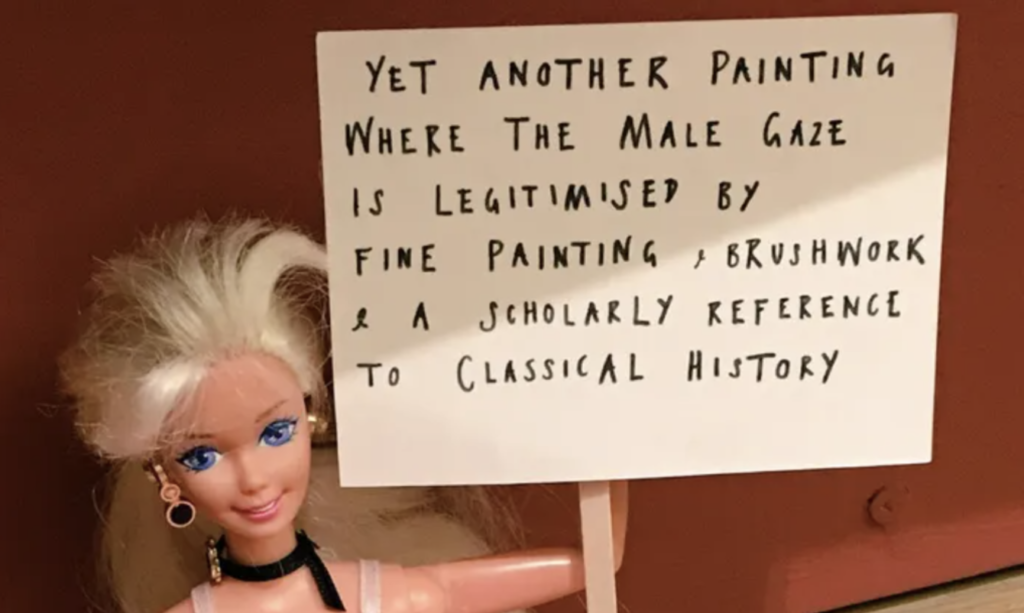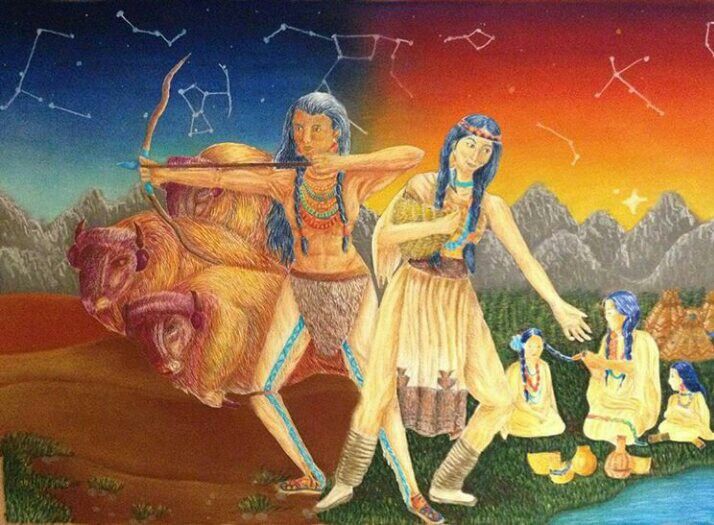Question 1: How do systems of privilege and oppression function in our society? How do we combat these systems?
Systems of privilege and oppression operate in our society in a way that makes it difficult for us to imagine a world without them. Our laws, culture, social understanding, and work ethic are all laid upon the unified foundation of systematic oppression. Systematic racism, white privilege, gender discrimination, male privilege are all examples of this oppression. The systems we have in place all work in tandem to help continue these inequities. For example, the ways in which NYC schools are believed to be inclusive but actually when one does a bit of digging, we find that highschools have a big racial divide. These numbers are especially astounding when looking at specialized highschools like Stuyvesant where out of 749 new placements, only 8 were given to black students. This is no mistake, NYC is actually one of the most segregated school systems in America. To continue with the school system as a way of showing how systems of oppression function in our society, the term “school-to-prison pipeline” is a good example. The term is used to describe the ways in which schools help facilitate the incarceration of black students, through having police presence in schools, arresting students for petty crimes, among other things. Systematic racism is not something that only shows up in the individual psyche or only in some communities. It is systematic, meaning our society would not look the same as it does now, with the same people in power, the same privilege whiteness has, etc. To combat these oppressive systems we have to understand how much of society really functions around these things and understand what we’re up against. I think changing our history books and teaching the truth behind the history of America and it’s integral racism is a start, alongside other things the government would rather keep behind closed doors.
Question 2: What is the concept of intersectionality and why is it important in women’s, gender, and sexuality studies?
The concept of intersectionality describes the relation of different social groups like gender and race that overlap and create a fuller identity. Intersectionality takes away the idea that we each have only one identity and only one way of experiencing the world that takes into consideration one’s privilege and disadvantages that one faces within systems of oppression. For example, if I told someone over the internet that had never seen my face that I am a woman they might have a different concept of me than if I said I am a white woman. Being a woman in America living in a male-dominated world has its oppression, but alongside the fact that I am white comes the immense privilege I have with being white in America. I also consider my priviege in being cis, able-bodied alongside my other social identities. The concept of intersectionality is very important for gender, women’s and sexuality studies because it makes the study of these things inclusive for everyone. In the past these studies, in academia were more geared for white, cis women because those were the identities that were accepted into college and classes like these. But, white women have only one experience that also aligns with white privilege and if we are the only ones that have these conversations then that directly harms those who are not of this experience because then our policies are not created in an inclusive way. The lack of intersectionality in conversation and practice is those who are not cis-white women are so targeted and and why it is so important to keep these conversations going. Accepting every kind of sexuality, race and gender is important so that we can continue to educate ourselves and others so that governmental policy and change can reflect intersectionality and support people of all backgrounds.
Question 3: Why is it important to recognize patriarchy as a system and not an individual identity?
Patriarchy is a term that is often associated with feminism. Both of which are considered to be a “woman’s issue”. The system of patriarchy is something that leads to sexual abuse by men, gender wage gap, different parent roles, etc. However, when a woman faces any of these issues it is usually seen as her individual problem and something for her to fix. Although, how is this the societal response when 1 out of 3 women are raped at some point in their lives. Even if a man is not seen as a typical sexist person he still has better prospects of being a boss in his life, or being a parent without the sole expectation of being a good dad like a mother is. Patriarchy allows and uplifts gender based violence, sexual exploitation, a male dominated world, harmful gender roles and a plethora of other things. Patriarchy is ingrained in our society and creates an environment where men think they know better than every woman. As an example this shows up in how we treat reproductive health care and put women’s bodies in danger at the hands of men who create laws unfit for every woman.
Question 4: How is gender constructed and learned in our society? How do we perform gender?
A persons gender is constructed before they are even born, when a parent is given the sex of their child in the womb. Parents will then know whether to paint the baby room pink or blue, buy trucks or barbies. Children will be instructed differently based on their preconceived gender. Girls will be taught to listen well, given dolls that they will practice initial caretaking skills on. Boys will be told “boys will be boys” when they hit each other, kiss girls in the playground and do things girls would be reprimanded for. All of these behaviors begin a person’s life in how they will perform their gender. The term “boys will be boys” will follow the boy into adulthood when he is on trial for a sexual assault case and let off with a slap on the wrist while the girl will be subject to scrutinity for wearing a short skirt in the first place. Women are taught to be desirable to men, to dress and look pretty, to cook well, to be well versed in the skills of emotional labor so that the men in their lives are supported in being the breadwinners, the people that we marry and take our last names after. Women are taught from their first step how to be the perfect support person for the man they will one day marry.
Question 5: What is the difference between sex and gender? How are sex and gender conflated (converged and confused) within our culture?
Sex is biological and only explains the sexual organs one is born with. The misconception is that there are only male and female parts, without taking into account intersex biology as well. Gender is an indentity that has nothing to do with biological sex. They are conflated and taken to be the same thing in our society because that has become customary under our patriarchal system. Gender is assigned to someone at birth when the biological sex is accounted for by the doctor and from that day on the child is expected to fulfill that role. However, gender has nothing to do with sexual orientation. Gender is an identity that one feels they connect with. In this society many people may feel inside themselves that they don’t align with the gender they were assigned and have their own self-identity but don’t choose to express this to the public for fear of violence or scrutiny. This is why alongside gender identity there is also gender expression.
Question 6: What is a double bind? How do double binds function within our society?
A double bind is something like a paradox, it is a situation or a dilemma in which someone has to choose between two non-favorable situations and conflicting messaging from society, with no seemingly happy ending. Double binds show up in our society in many ways but the most commonly talked about is femininity in leadership. The double bind is that women want to be taken seriously and get more leadership roles but to do this one needs to assert herself in a way that directly goes against the socially acceptable way of presenting as a woman. Women are expected to be kind and docile and those are not traits that are seen as typical in leadership. Women in higher roles are usually scrutinized much more than their male counterparts, as well as their mannerisms, the ways they interact with the press, etc. This means women must choose between two lifestyles that are both bad in their own ways, one is presenting more like a “man” to be able to have a leadership role, the other is not having good chances at getting that role because she has womanly traits which don’t seem professional.



